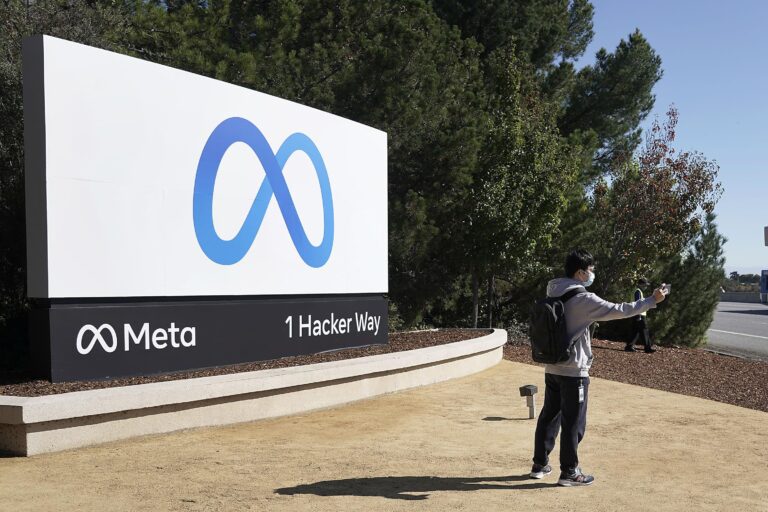Traffic reveals the critical weakness in Google’s ecosystem.
- The latest data from Chitika shows that Google is still struggling to improve the quality of its ecosystem.
- Size is a great measure of the importance of an ecosystem but its real value is determined by usage.
- High usage is the best indicator of user loyalty and this is what will drive user preference.
- In the digital ecosystem industry, this will be one of the only drivers of pricing power and consequently of profitability.
- I believe that the fact that the iOS user experience is still substantially superior to that of Google, is the single biggest reason why Apple’s hardware margins remain very high.
- The latest data from Chitika combined with Radio Free Mobile’s ecosystem analysis gives an indication of how large the gap still is.
- In UK and North America RFM estimates that 30% of smartphone users are on iOS while Android has around 65%.
- Chitika usage figures show that iOS makes up 50% of mobile web traffic with Android at around 46%.
- Looking at the average usage per device shows the average iOS user is generating 137% more traffic than an Android user.
- In these markets, almost all android devices are running the Google ecosystem.
- Demographics play a large part of this discrepancy as Apple has a disproportionately large share of high end users and these users will use any device more.
- However, the difference is so great that it is clear that the quality of the ecosystem is also a major factor.
- Critically the last six months have seen no meaningful change in this state of affairs.
- This is an issue that Google must address if it wants to develop the kind of loyalty that is critical to its long term success.
- This is why I believe Google is moving to take complete control of the software on its devices.
- The randomness and chaos of open source is a hindrance to the security and quality of its user experience.
- By taking control it will be able to ensure that its experience will be as good and as secure as iOS or Windows Phone.
- This remains the single biggest weakness of the Google ecosystem and one that Microsoft has the potential to exploit.
- The window remains wide open but as Google takes more and more control of its ecosystem its disadvantages will gradually decrease.
- Those attempting to challenge Google must do so now before it is too late.









Blog Comments
Tim Nash
August 5, 2014 at 10:23 am
For US smartphones, comScore reports usage rates for Android of around 52% and Apple over 41%. Why do you consider 65:30 a more appropriate estimate?
windsorr
August 5, 2014 at 11:08 am
65% / 30% is not usage its the installed base of users. for usage, I am using the chitika figures which are not out of line with the commscroe figures.
Tim Nash
August 5, 2014 at 11:48 am
From comScore’s report for April – I confusingly used ‘usage’ in my above post – showing a subscriber base of 41.4 for Apple rather than the 30 you are using.
‘Smartphone OEM Market Share
167.9 million people in the U.S. owned smartphones (69.6 percent mobile market penetration) during the three months ending in April, up 5 percent since January. Apple ranked as the top OEM with 41.4 percent of U.S. smartphone subscribers. Samsung ranked second with 27.7 percent market share (up 1 percentage point from January), followed by LG with 6.5 percent, Motorola with 6.3 percent and HTC with 5.3 percent.’
So why do you consider the Apple user base is lower?
PJ
August 5, 2014 at 6:32 pm
Your bullet regarding demographics playing a factor, I would argue that IOS has a larger base of “mobile only” users vs “high end users”.
I also argue that “the randomness and chaos of open source” has no bearing on the user experience. Remember that the OS is classified as open source, but the majority of applications are closed. Also, Google only releases the AOSP versions AFTER the same closed version is released to it’s OEMs. Walled gardens (IOS) have significant controls in place to force adherence to rules put in place by the proprietor of said walled garden. In Android, the desire from the beginning was to differentiate on being open. Unfortunately this allowed carriers and device manufacturers to build their own substandard experience. It has nothing to do with any randomness or chaos of open source. It has everything to do with the lack of controls in the right places as you mention.
windsorr
August 5, 2014 at 7:49 pm
That is certainly not the case. As a result of open source Android is fragmented, inconsistent and extremely insecure. Take control of it and lock it down and a lot of these problems will go away.
Good originally differentiated by being open but Now Google is actively shutting it down.
PJ
August 6, 2014 at 10:29 pm
I agree that locking down the experience to prevent OEMs/ODMs/carriers from mucking around with defaults on top of the OS would improve it, but by no means is the problem related to open source. Most of he fragmentation is not happening at the base OS layer. It is happening one step above, hence the reason Google started the program to “certify” OEMs to force the use of Google’s stack (phone app, etc).
Just because IOS is closed, does not mean it is secure – it is more insecure than you are led to believe. You simply don’t know what you don’t know.
tatilsever
August 5, 2014 at 7:32 pm
Google still makes money off iOS through search, email, ad network for apps, maps etc. If I was Google, I’d worry about getting into China, where it has no presence.
windsorr
August 5, 2014 at 7:50 pm
Yes it does. Around 50% of its revenues. Its biggest risk is that Apple boots it from its ecosystem. At the moment it cant do that but that time may come.
Tatilsever
August 5, 2014 at 11:15 pm
Yes, it certainly is a risk, but Android has reached acceptable quality in terms of OS to compete against iOS. What holds it back now has more to do with the business model of Android handset market in how OEMs make money as opposed to Google and making its own handsets is clearly not the answer. Further competing with iOS head on may give it a marginal improvement in revenue, while ironically making it more likely for Apple to keep it out of iOS as much as it can: a bit of a wash. On the other hand, the resources Google spends on cracking China could result in enormous returns, without much downside in ticked off partners.
windsorr
August 6, 2014 at 10:39 am
Here i completely disagree. Android is still very far adrift in terms of the quality of the user experience. It is more difficult to set up. It is much less secure and the user has to be his own system integrator to make sure the device works properly. There is a long way to go and this is why Google is taking over the entire user experience.
Google has virtually no chance of cracking China as China wants its own ecosystem in China and is perfectly capable of developing its own local versions.
PJ
August 6, 2014 at 10:23 pm
When I setup my Android handset, I login to google and I get everything I had before. On my Apple phone, I always have to install all of my apps all over again, but I can restore a portion of my data if I’ve elected to sign up to the 1/2 dozen services apple offers.
Android is light years ahead of Apple in SOME places.
tatilsever
August 11, 2014 at 9:11 am
Since I signed up for iCloud backups, I never had to redownload any apps one by one when I setup a new phone. My photos, apps, preferences would arrive themselves. Either your experience is out of date or you refuse iCloud backups.